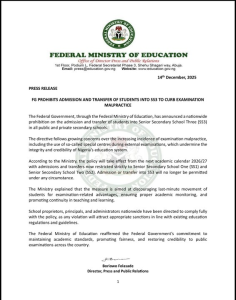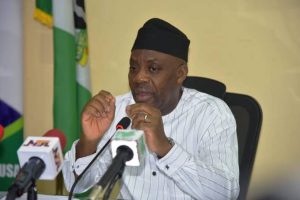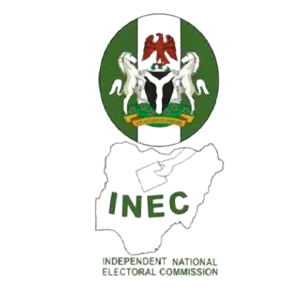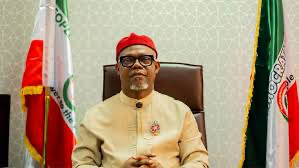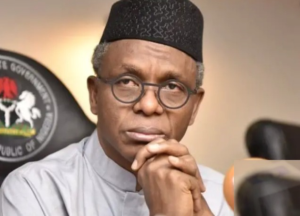
The Federal Government of Nigeria has enacted a significant reform making it compulsory for all National Youth Service Corps (NYSC) participants to submit their academic outputs, including theses or project reports, as a prerequisite for mobilisation or exemption from the Scheme. This directive is part of the National Policy for the Nigeria Education Repository and Databank (NERD) and was approved by President Bola Ahmed Tinubu.
The enforcement circular, signed by the Secretary to the Government of the Federation, Senator George Akume, states that starting from October 6, 2025, no Nigerian graduate—whether from a Nigerian university, polytechnic, college of education, or an overseas institution—will be mobilised or exempted from NYSC without proof of compliance with NERD policy.
The policy aims to serve as a quality assurance tool and an independent yearly proof of continuous academic enrollment and affiliation. Each academic output submitted will be digitally time-stamped and will include the names of the student, supervisors, heads of department, and sponsoring institutions.
Minister of Education, Dr. Tunji Alausa, emphasized that the NERD policy will transform Nigeria’s higher education system by digitising academic outputs to promote authenticity, quality, and accountability. One key benefit is strengthening supervision in tertiary institutions, with supervisors being more meticulous since their names will be publicly associated with the work.
The NERD initiative also introduces a monetisation and reward mechanism allowing students and lecturers to earn lifetime revenues from deposited academic works.
This reform addresses issues of certificate racketeering and academic fraud and is intended to safeguard Nigeria’s intellectual assets while enhancing the credibility of academic qualifications.
The directive does not affect serving Corps members or those mobilised before the enforcement date.
This policy marks a historic step in linking academic achievements directly to national service eligibility, reinforcing the integrity of Nigeria’s education system and multipronged efforts to modernise academia.

